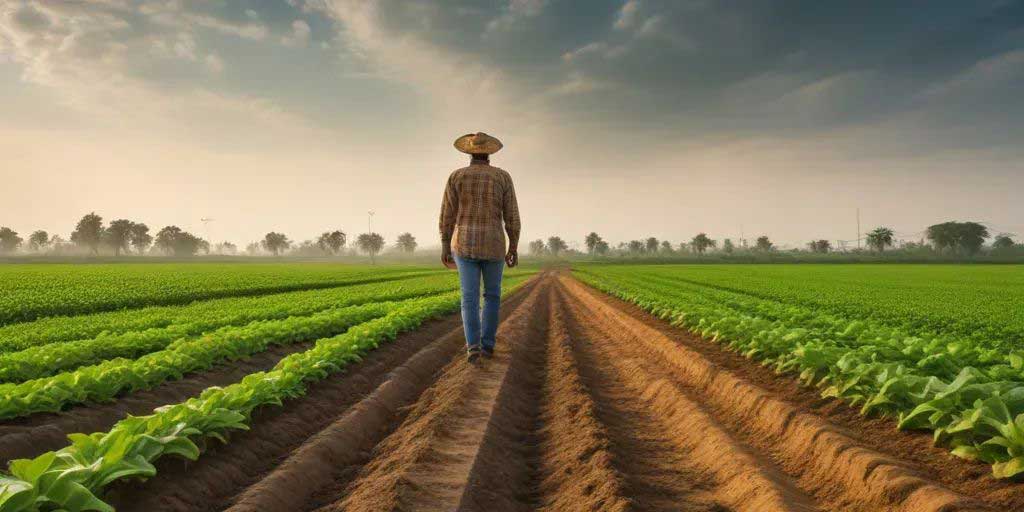Ph.D. in Agronomy

About
About: Agronomy is a multidisciplinary field that integrates knowledge from biology, chemistry, physics, and environmental sciences to address challenges in agriculture. Students in a Ph.D. program in Agronomy conduct original research to contribute new insights and solutions to improve crop productivity, enhance soil fertility, and promote sustainable farming methods.
Eligibility: Candidates typically need a master's degree in Agronomy, Agriculture, Biology, Environmental Science, or a related field.
Duration: The duration of a Ph.D. program in Agronomy is 3 to 5 years.
Job Opportunities: Graduates with a Ph.D. in Agronomy have diverse career opportunities in academia, research institutions, government agencies, and private industries. They can work as researchers, professors, agronomists, crop consultants, extension specialists, agricultural scientists, and policymakers. They may also pursue careers in agribusiness, biotechnology companies, environmental consulting firms, and international development organizations.
Why Choose This Course:
Impactful Research: A Ph.D. in Agronomy allows you to conduct research that addresses real-world challenges in agriculture, contributing to global food security and sustainable development.
Career Opportunities: Graduates have a wide range of career options in academia, research, industry, and government, with opportunities for leadership and innovation.
Interdisciplinary Approach: Agronomy is a multidisciplinary field that provides opportunities to collaborate with experts in various disciplines, fostering a holistic understanding of agricultural systems.
Contribution to Sustainability: By studying Agronomy, you can contribute to the development and adoption of sustainable farming practices that conserve natural resources, mitigate climate change, and promote environmental stewardship.
Scope: The scope of Agronomy is vast and diverse. It encompasses various aspects such as crop production, soil management, plant genetics, biotechnology, agroecology, and sustainable agriculture. Agronomists play a crucial role in improving crop yields, conserving natural resources, developing new crop varieties, and implementing environmentally friendly farming practices.

